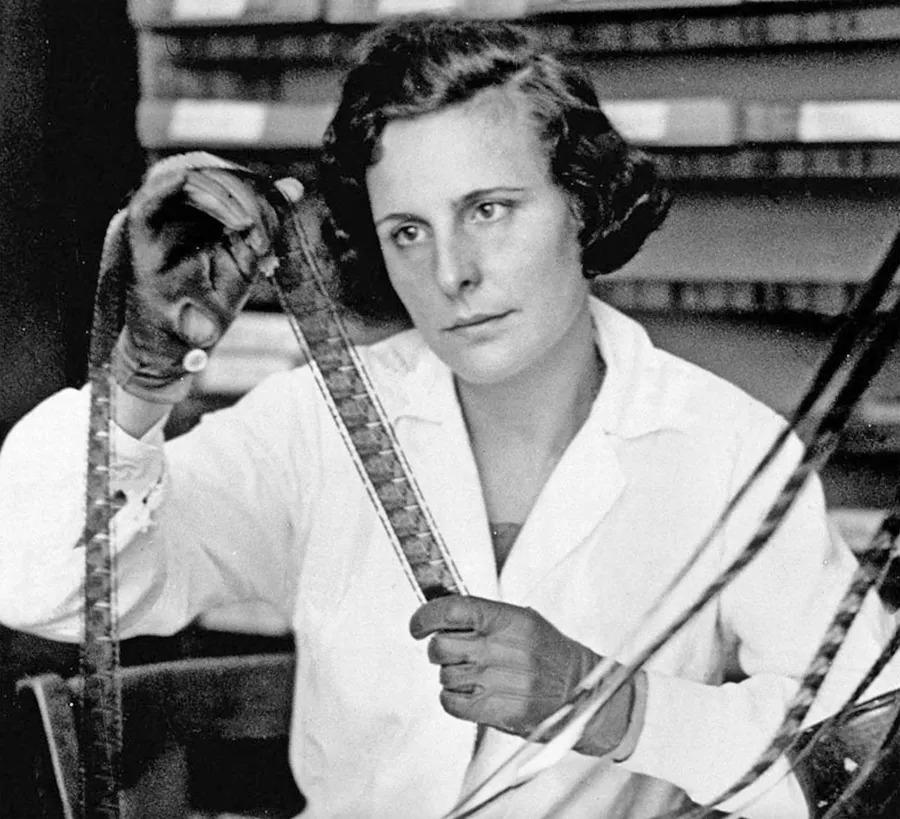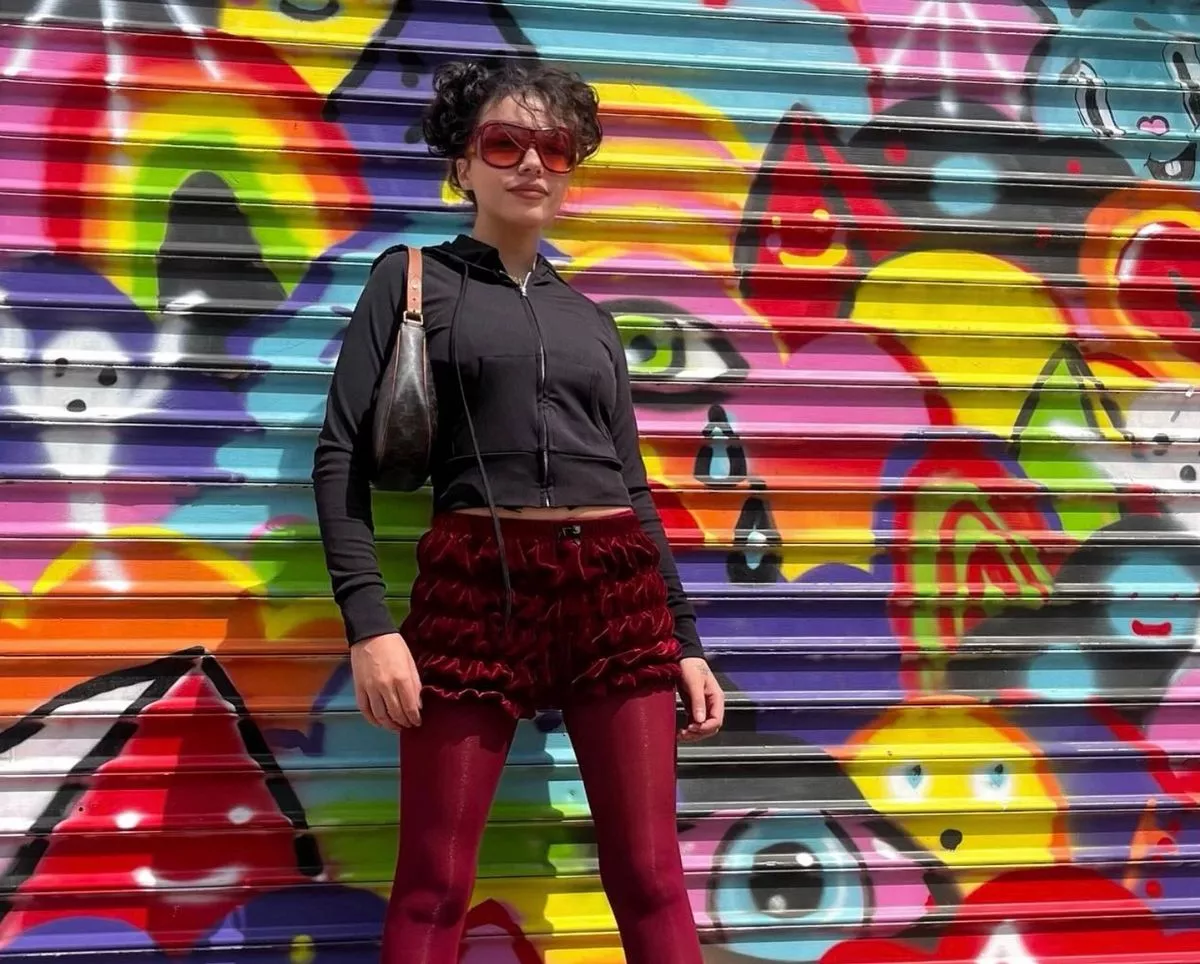
Leni Riefenstahl – the woman Hitler adored
She reached the peak of her career in the years before World War II, when she worked on propaganda films for the German government.
Leni Riefenstahl was a German director, producer, photographer, and artist, known for her work during the Third Reich.
She reached the peak of her career in the years before World War II, when she worked on propaganda films for the German government.
In history, she is remembered not as a Nazi, but as an accomplished filmmaker, and some of her film techniques remain unchanged to this day – reports Sombor.info.
An artist from the very beginning
She was born on August 22, 1902, in Berlin, and during her youth she showed great interest in art and performance. She studied ballet and then moved on to acting, appearing in several films.
Alongside acting, her love for filmmaking also emerged. Soon she found a mentor in Arnold Fank and received proper training.
In 1935, her film Triumph of the Will was released. It was a documentary that depicted the 6th Congress of the National Socialist Party.
Her direction helped present the event as grandiose and lavish, and the people participating in the congress as important and special.
The film was pure propaganda, but Leni is still recognized today for her ability to present politics as art through filming and directing. She used innovative filming techniques, shooting from multiple angles and with complex camera movements never seen before.
Triumph of the Will was just the beginning
The film was loved by Joseph Goebbels and Heinrich Himmler, but no one loved it more than Adolf Hitler. He said that Leni was doing excellent work for the future of the party and the country.
Immediately after that, he invited her to his office and asked her to film the Olympic Games that would be held in Berlin the following year. She received financial support for the production.
Her next film Olympia retold the story of the Olympic Games. Riefenstahl had to invent a new filming model in order to capture athletes in motion, in water, and a particular challenge was filming runners carrying the Olympic torch from Greece to Germany.
Thus, Leni became the first filmmaker to use cameras on moving tracks and the first underwater cameras. In addition, in Olympia, she worked extensively with transitions from shot to shot, which would later be used by almost all future filmmakers in the world.
After the war
After the fall of the Third Reich, Leni tried to flee the country, but she was captured by American soldiers. They knew very well who she was and treated her accordingly.
The Americans already knew at that time that her connection to the Nazi Party was nominal. She had joined the party at the suggestion of her mentor Arnold Fank, but apart from making films, she was not involved in any other activities.
She endured hundreds of interviews and interrogations in the years after the war, and when she returned to Germany, she could not find a studio willing to publish her films. She briefly revived her career in the 1950s and 1960s, working in photography and organizing exhibitions. She died in Munich in 2003 at the age of 102.





